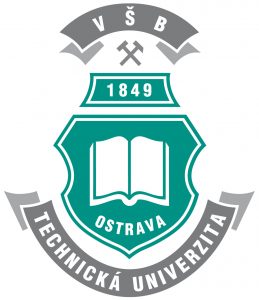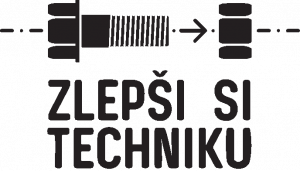 Projects
Projects
The future of electric energy lies in higher utilization of renewable sources. One of them is water. Although the Czech Republic does not have ideal conditions for building large dams, hydroelectric power plants represent a significant energy source even in this country. In fact, all major rivers have been used for these purposes. But there are also small rivers and streams with a big grade, but without sufficient water. The question is how to ensure a continuous energy production on them when water flow is often unequal?
VŠB – Technical University of Ostrava deal with using the power of small streams that would allow to supply infrastructure in remote mountainous and recreational areas through small hydroelectric power plants. They create concepts for the supply of local networks of the “micro-grid” type using semiconductor converters and storage structures, relatively cheap given their long life and low demands on installation compared to other forms of renewable energy.
The need for these new solutions results from insufficient supply of remote areas with electricity due to frequent fluctuation in consumption. At present, there are new studies aimed at developing new types of distribution networks, whether called insular networks or micro-grids (small energy networks) and smart-grids. Insular networks are not connected to the electric distribution network, and they are also known as off-grid. They find application especially where it is not possible to build a conventional public electricity connection, or in mobile installations, weekend houses, cottages, in recreational areas, or in the mountains.
Moreover, they can be applied in areas where it is not possible to generate energy from other renewable sources. For example, in valley areas with little sunlight or where the construction of wind turbines is inappropriate. The tested island networks consist of small hydroelectric power plants up to 30 kW. Therefore, people living in remote areas near watercourses have great hopes that in future, they may produce electricity from their own resources, and thereby their dependence on the availability of the distribution network will be lower.
Faculty of Electrical Engineering and Computer Science in collaboration with the Centre ENET VŠB-TUO




